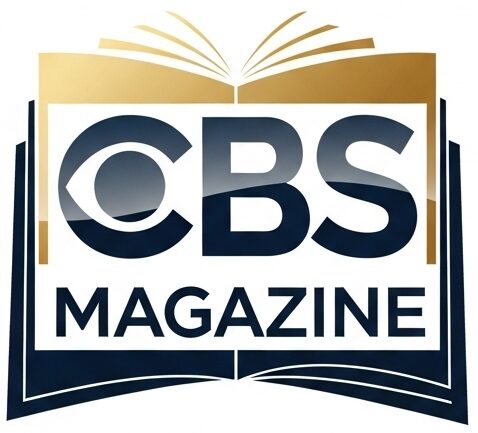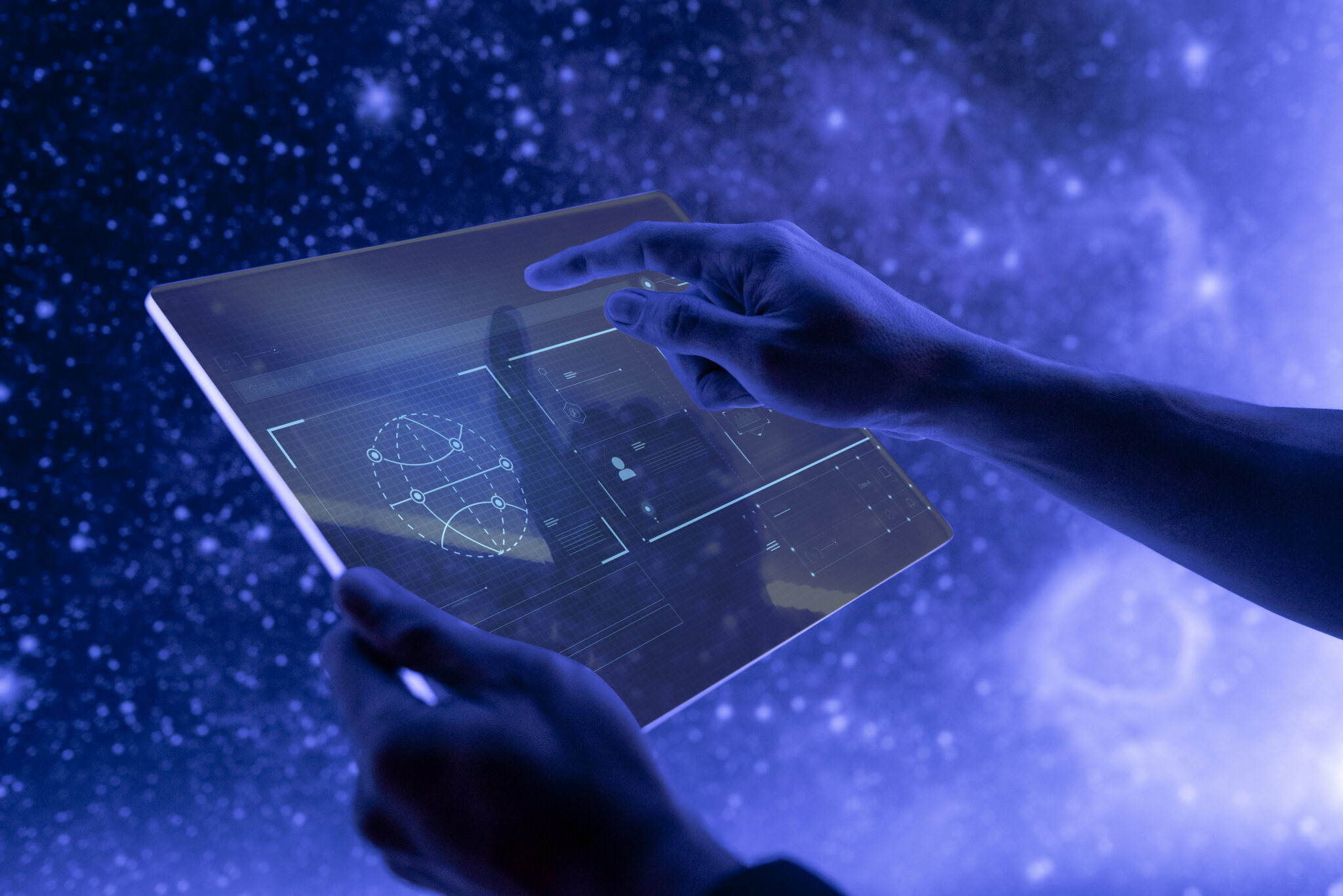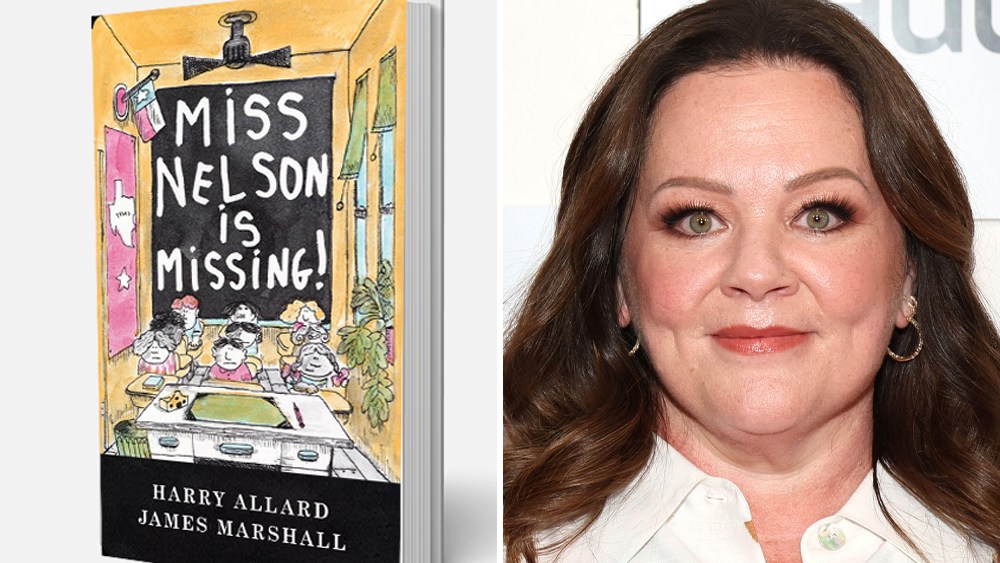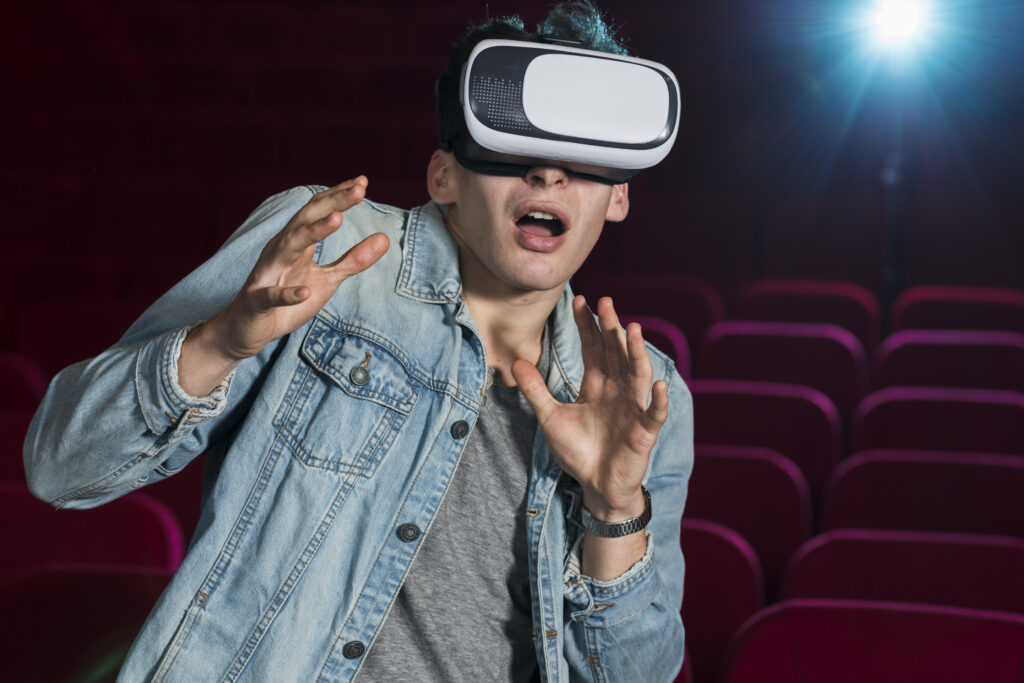As humans, we have always been curious and almost impatient to know what lies ahead for us, whether it is knowing if our relationship will last or if the career move you are planning to make will work out, also if the day ahead will be smooth sailing or could bring unexpected storms. For centuries, astrology has given a framework that astrologers decode by reading the patterns in the sky and mapping out events, emotions, and creating systems that people can lean on. But what once kept astrologers at the centre has now shifted its base to astrology apps that can produce forecasts more instantly.
While the convenience is praiseworthy, it does raise some critical questions, like when algorithms start interpreting the planets, what does that mean for accuracy? And can a system that is built on data and code genuinely predict, in a way that feels authentic? To answer these questions, we need to see what AI offers to astrology apps and how much trust we can reasonably place in this new form of cosmic guidance.
The Journey from Horoscope Apps to AI-driven Astrology
The first wave of astrology digital tools arrived in the form of horoscope apps, which became instantly popular for being free, highly accessible, and extremely easy to use. For people who were used to waiting for a monthly magazine, this shift to astrology becoming portable and instant was nothing less than revolutionary, as a simple tap on your zodiac sign could tell you something about love, work, or luck that day.
Yet after the initial excitement, the flaws started showing up, mainly because these apps were designed to rely on static text, libraries of sentences that were written in advance and distributed altogether. So, for example, if you were a Virgo in Mumbai, you got the same forecast as a Virgo in Toronto – the problem was not that the text was wrong, but that it was very impersonal, while astrology, at its heart, is supposed to be tailored to look at your chart and your timing. Even in the presence of these apps, the need for clarity remained as people wanted readings that were quick but also personal.
It is this demand that opened the door for a new generation of tools. Instead of recycling text, the best astrology apps now started exploring artificial intelligence and brought the promise of faster and smarter forecasts to the surface – predictions that adjusted themselves to the person reading them.
The Mechanics of AI in an Astrology App
Here is where the change started becoming noticeable. An AI-driven astrology app does not stop at asking for your zodiac sign; it collects your date, time, and place of birth, and from that, it generates a natal chart – the map astrologers have always used as a foundation. Following this, the app layers planetary transits to adjust predictions as the sky changes.
The role of AI here becomes about scaling and delivering speed. While a human astrologer would spend hours on one chart, an algorithm can process thousands and even millions of charts simultaneously, which implies it can also detect recurring patterns, correlations, and subtle alignments that would otherwise get missed – all this doesn’t eliminate the need for interpretation, but simply sharpens the technical base. The outcome of this AI inclusion in astrology is true digital personalisation. No two users get identical readings; for example, one Leo could be advised to seize opportunities in creative projects, while at the same time, the other Leo will be warned to tread carefully with finances during a tricky transit – a difference that only a detailed birth chart study can bring forth.
When you compare this to a standard horoscope app, the difference can be that of night and day. Where one gives static, generic sentences, the other produces dynamic, evolving predictions that feel highly conversational, responsive. That is why many now describe AI-driven platforms like HiAstro as the best astrology apps they have tried – not because these apps can predict destiny with certainty, but because they play on the power of individuality.
The Debate: Can Algorithms Truly Predict?
At the current state of AI-powered astrology, the question has become sharper – can an algorithm really see the future? Strictly speaking, astrology itself has never claimed to predict in the scientific sense; it only interprets and gives meaning to symbols and cycles, suggesting possibilities and timings. AI does not change that; it simply processes the mechanics faster and with more consistency.
There are other strengths that are worth noting – Algorithms do not get tired, it does not forget, and they do not let personal mood sway the cosmic interpretation. AI is also recognised for sharpening personalisation by layering multiple influences at once. Finally, when operating at scale, AI makes astrology accessible to millions – something that is impossible in the one-to-one model.
However, limitations remain. Algorithms have no intuition and cannot sense hesitation in your voice; they cannot comfort you, and they cannot frame guidance in ways that acknowledge your cultural or emotional nuances. While the best astrology app may point out that a Saturn transit is pressing heavily on your career sector, it will not sit with you in silence as you process what that means. So the balance is pretty straightforward – AI strengthens astrology’s technical side but does not replace the human side, after all, it is a tool and not an oracle.
How to Make the Most of AI Astrology Apps?
For people who are using AI astrology tools for the first time, asking questions carefully holds the key to getting the most out of your apps. Broad queries such as “Will I succeed?” will often return broad answers, while sharper questions like “Which areas of my career show strength in the next six months?” will invite sharper, more action-oriented responses.
The second thing is mindset. Even the best horoscope app should not be used with the intention to dictate your every move, so when you start checking forecasts obsessively or treat them as fixed truths, it creates more confusion than clarity, as ultimately, astrology, digital or otherwise, works best when it is used as guidance, not as command.
Third, look beyond the daily lines. Daily predictions can be fun, but their real value often comes from studying cycles – monthly, yearly, or longer-term influences as these patterns are what explain the “why” behind a day’s energy and place it in a broader context.
Those who treat an AI-driven astrology app like HiAstro as a reflective companion and not a fortune teller tend to get the most value out of it. The app can highlight timings, warn of possible challenges, and suggest areas of focus, but the rest still depends on your choices.
AI Astrology Apps – Making AI Predictions Faster and Personal
Astrology has always been less about certainty and more about finding perspective, and artificial intelligence does not change this fact; it makes astrology personal, faster, and more widely available. An AI-enhanced astrology app may not be able to predict your future in its most absolute terms, but it refines how patterns are presented, helping users feel that the stars are speaking directly to them.
This is why a lot of people now describe AI-driven platforms as the best astrology apps format that bridge tradition and technology, combining speed with personalisation, and while they cannot replace the intuition of a human astrologer, they do complement it, making horoscope readings accessible to the masses.






















